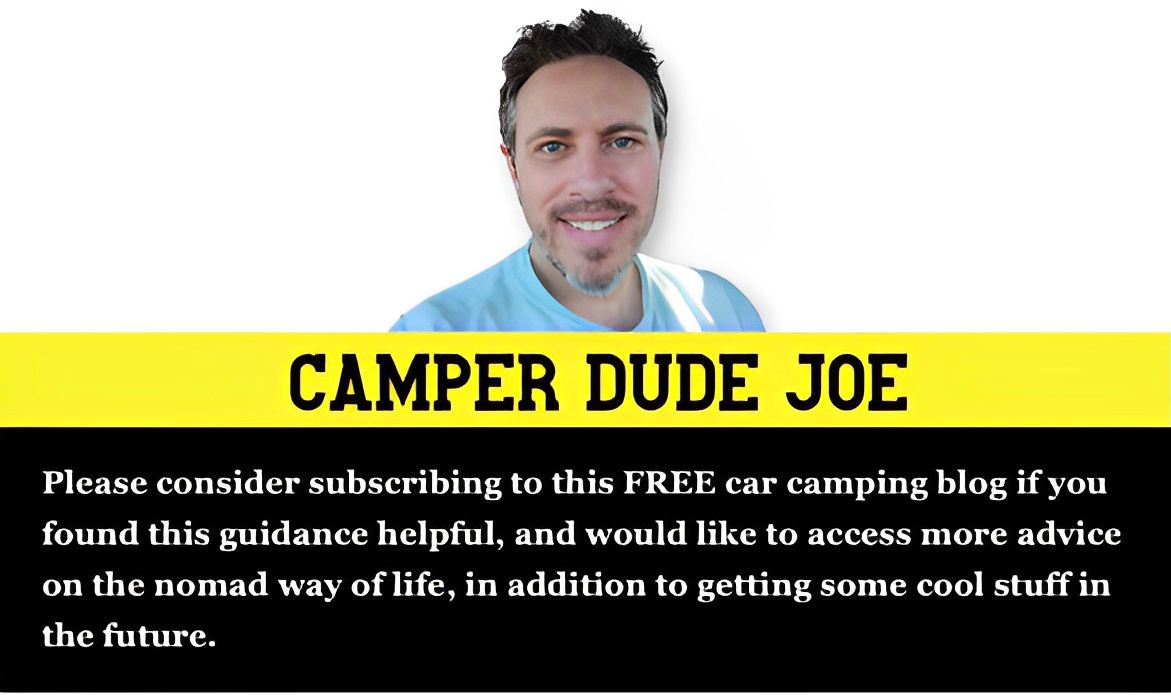Can You Sleep in Your Car at a Campground? [Expert Tips]
![Can You Sleep in Your Car at a Campground? [Expert Tips]](/content/images/size/w1200/2023/05/Can-You-Sleep-in-Your-Car-at-a-Campground-.jpg)
Are you planning an upcoming camping trip?
If so, a common question is: can sleep in your car at a campground?
The honest answer is, it depends. There are many important considerations you should be aware of before hitting the road.
With car camping now more popular than ever, many campgrounds have put in place a bunch of fine print regarding this practice. Failure to follow these guidelines can lead to hefty fines, or even being asked to leave the property grounds.
Topics I'll cover in this article are...
Legalities of Sleeping in Your Car at a Campground
Rules and Regulations for Sleeping in Your Car at a Campground
Safety Considerations When Sleeping in Your Car at a Campground
Tips for a Comfortable Night's Sleep in Your Car at a Campground
Best Campgrounds for Sleeping in Your Car
Alternatives to Sleeping in Your Car at a Campground
Frequently Asked Questions About Sleeping in Your Car at a Campground
Let's get to the nitty gritty...
Legalities of Sleeping in Your Car at a Campground...and is it Allowed
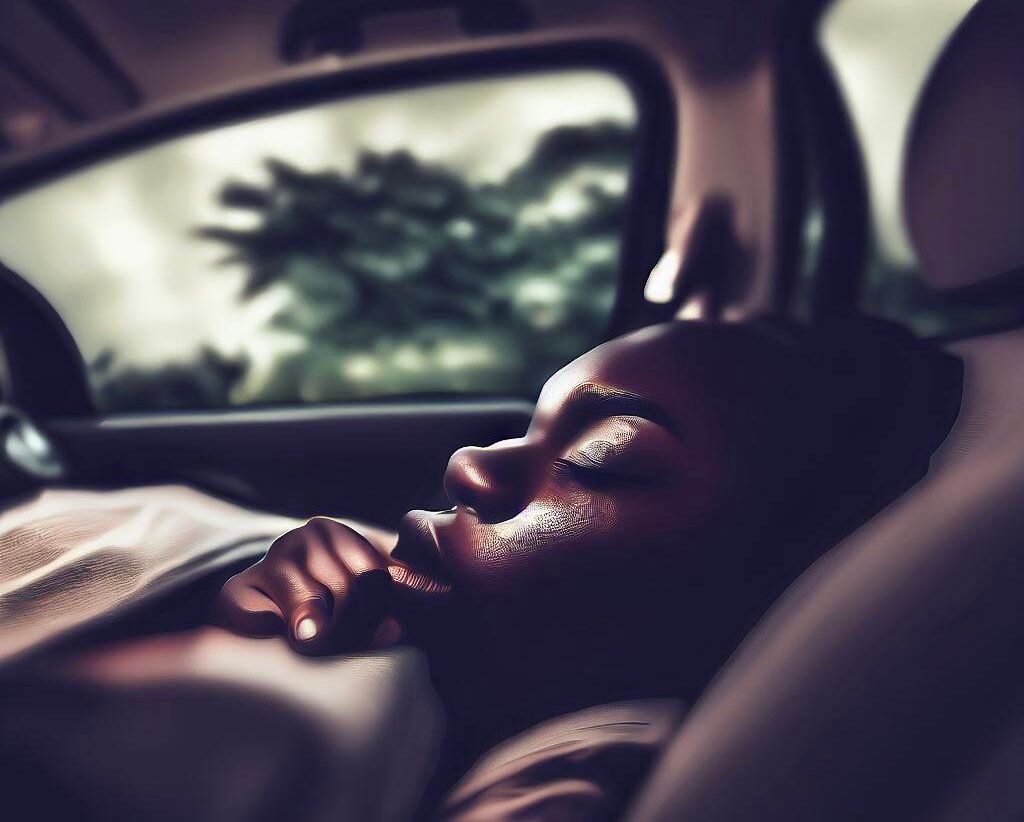
While sleeping in a car surrounded by nature at a campground is a breathtaking experience, depending on the type of location, you mightn't be able to enjoy this situation at all.
For instance, many private campgrounds don't allow overnight parking or sleeping in vehicles. While the reasons for this vary, here are a few of the most common ones...
-
May be prohibited by local laws and ordinances
-
Campground management thinks sleeping in cars brings down the attractiveness of the property
-
Might only have specific areas for tents and RV's
Before you whip out a credit card and book your trip, it's crucial to research the specific rules and regulations of the campground you plan to visit prior to finalizing your itinerary.
Of course, there are still lots of campgrounds that do allow car camping, and welcome us with open arms. But you won't know which until you call ahead or do some legwork online.
It's also worth noting that while sleeping in your car is generally legal on public lands such as national forests and Bureau of Land Management (BLM) areas, there may still be restrictions on where you can park and how long you can stay.
Always follow Leave No Trace principles and respect any posted signs or guidelines when camping on public lands.
Rules and Regulations for Sleeping in Your Car at a Campground
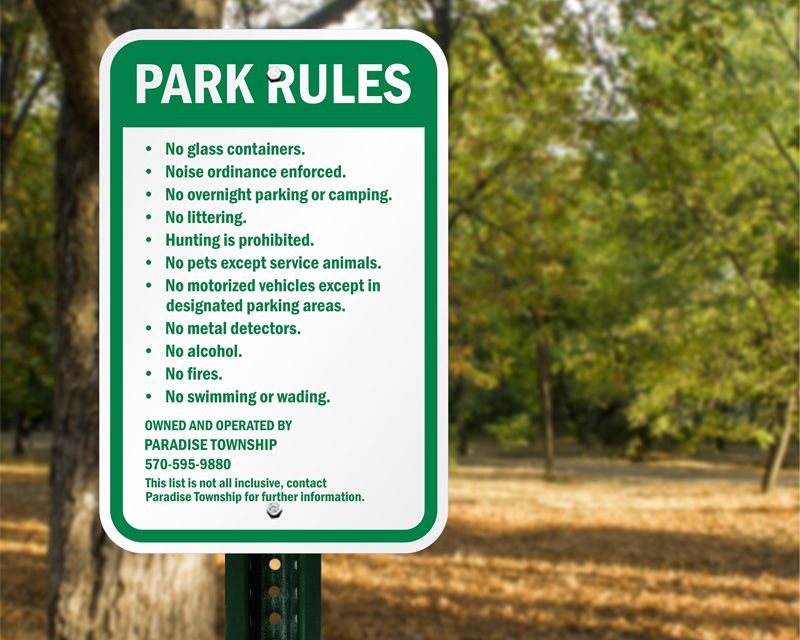
When it comes to sleeping in your car at a campground - whether public or private - there can be an assortment of rules and regulations that you must follow.
Again, doing your research ahead of time will pay off in spades, so that you know what to expect and can avoid any potential issues.
Here are just some of things you should keep in mind...
-
Most campgrounds have designated areas for those who will be sleeping in their cars, away from RV's and other larger vehicles
-
Some campgrounds will only allow you to sleep in your car if you pitch a tent next to it. I realize this is nuts and defeats the purpose of sleeping in a car in the first place, but these are the rules
-
Many campgrounds charge extra fees if you have more than 1 or 2 people in your party, or if you have more than one vehicle
-
Lots of campgrounds only allow car camping in tents sites. These are oftentimes further away from bathroom facilities and other conveniences
-
Almost all campgrounds have noise restrictions - usually after dusk hours. You might not be able to run your car to keep warm/cool or to charge your devices due to the engine noise, etc.
-
Certain campgrounds have age limits on cars they allow. They feel that having older, beat up vehicles on their property is an eyesore
Safety Considerations When Sleeping in Your Car at a Campground
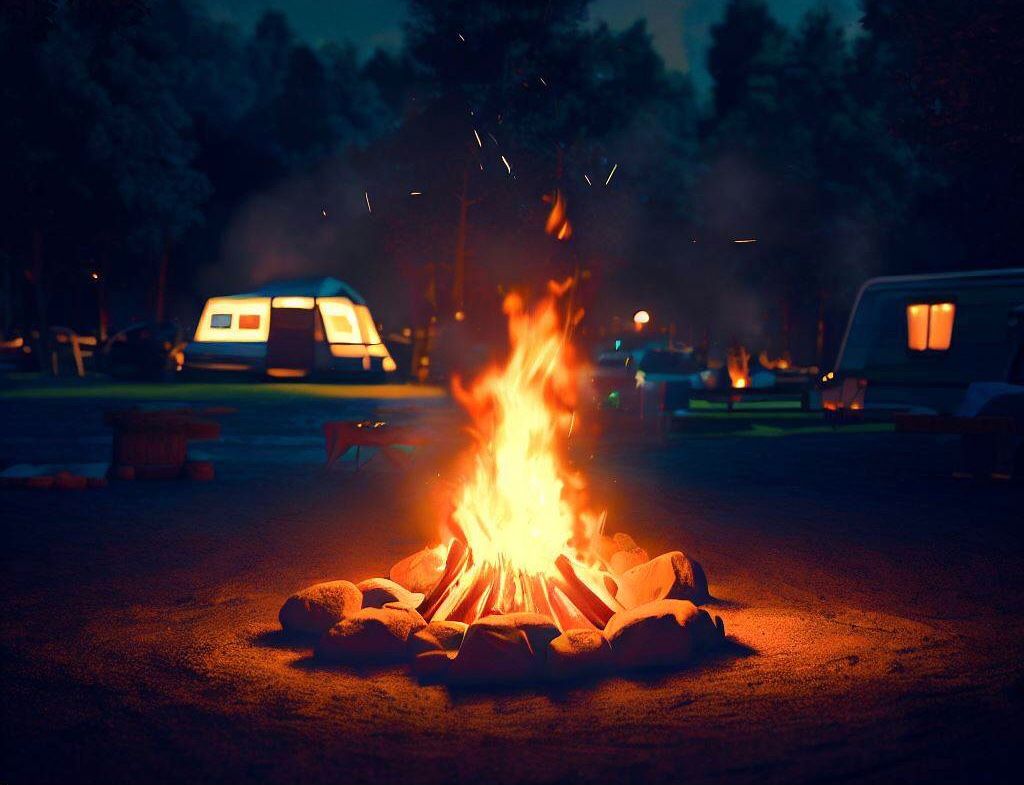
While the majority of campgrounds out there are very safe, and the chances of something bad happening is relatively small, crime does happen from time to time, so you should always be prepared.
Here are some common-sense tips to help keep you secure...
-
Upon arriving at your campsite, take some time to assess your surroundings and become familiar with the general area
-
Avoid parking near any potential hazards suchs as cliffs, bodies of water, ravines, etc.
-
Make sure your car is parked on a flat surface...as evenly as possible
-
Ensure that you don't park or drive over trash like broken glass, screws, and other items that can flatten your tires
-
Always chock your tires or put your emergency brake on to prevent a roll-away
-
If staying in bear country, NEVER leave food in your car, even if it's unopened. Bears can easily get into a vehicle and will destroy it. All food should be kept in lock-boxes or bear-proof containers
-
Always lock your doors at night, or when leaving the vehicle unattended
-
Never park your car close to a fire ring
-
Bring along a first-aid kit. Consider a small fire extinguisher, too
-
Make sure your cell phone is charged at all times
-
Buy or make a set of window covers, as these will give you privacy at night
When staying on public lands like BLM areas and similar locations, aside from following the advice above, ALWAYS be sure to carry enough water and food to last your entire trip, as many of these places tend be a long distance from stores.
Also, many public camping areas don't have bathroom facilities, and when they do on rare occasions, they tend to be gross. Be sure to bring a bucket or other device so you can go number two.
Tips for a Comfortable Night's Sleep in Your Car at a Campground
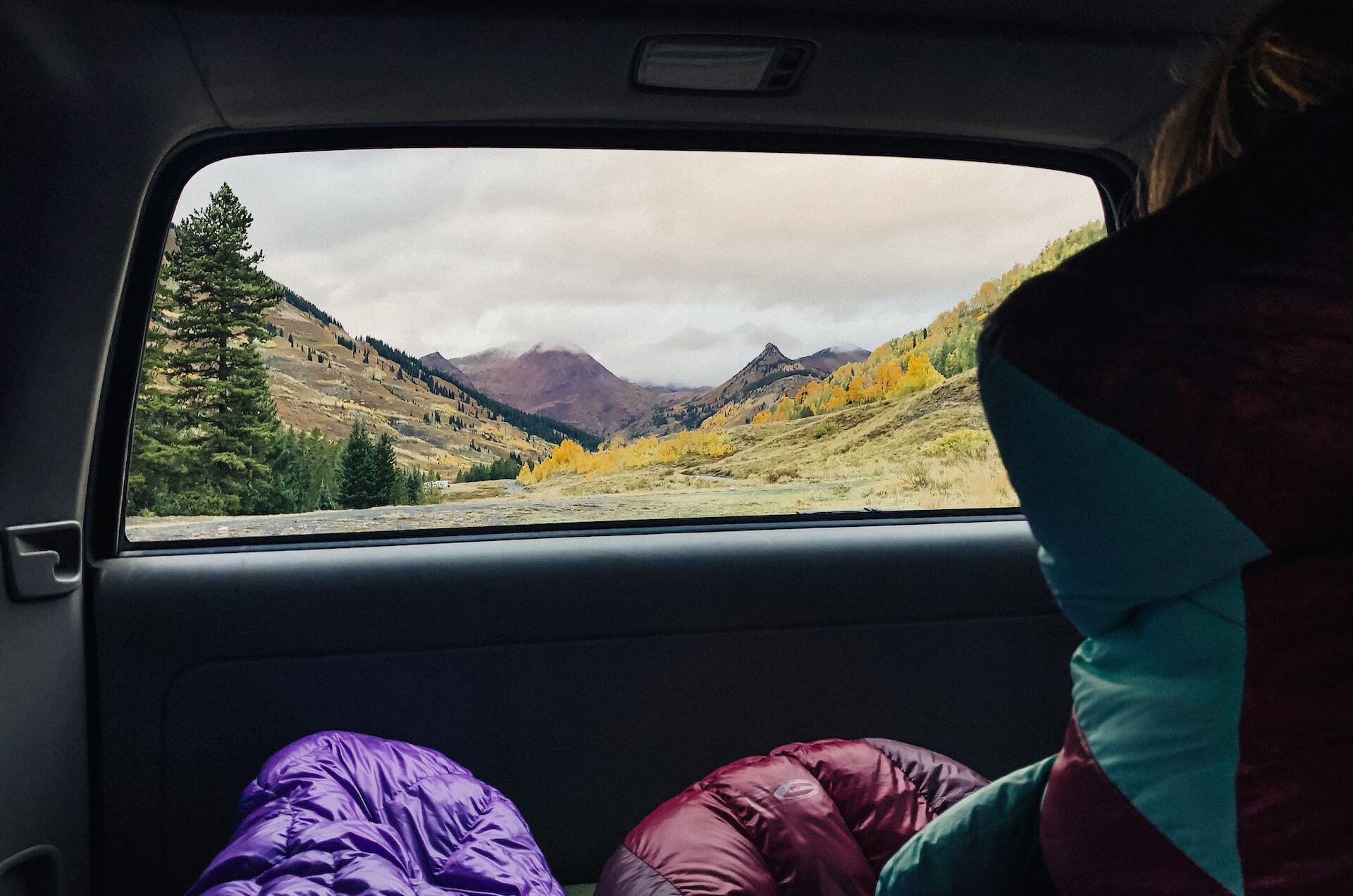
When it comes to sleeping in your car at a campground, comfort is key. That's why they call it glamping!
Here are some tips for ensuring that you get a great night's rest in your car...
-
Invest in a quality sleeping pad or mattress
-
Bring along a warm blanket or sleeping bag
-
If the weather is clear, crack your windows at night to circulate air and provide ventilation
-
If the temps will be warm, consider bringing a small USB-powered fan
-
Try showering before bedtime so you'll feel refreshed and cool
-
If it's permitted during quiet hours, turn on the car to help heat it up or cool it down
-
Use bug spray...even at night. Mosquitos and other insects DO find their way into cars easily
Best Campgrounds for Sleeping in Your Car
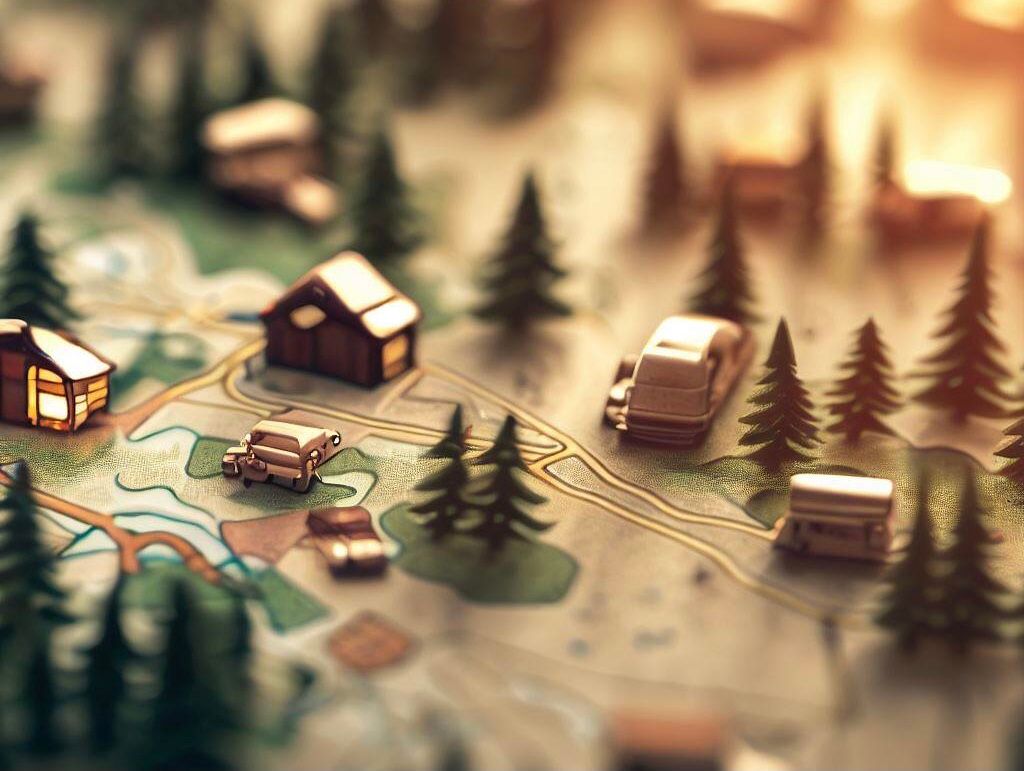
First and foremost, the best campgrounds are those that actually allow sleeping in cars, so you'll want to look for places that permit overnight parking and camping in vehicles.
Remember, if a location doesn't allow sleeping in a car, you will have to rely on a tent or seek other alternatives.
Look for campgrounds that permit longer stays - especially if they're free. BLM land is perfect for this, as is many state and national parks. However, do keep in mind that most BLM land is located in the western half of the U.S.
Another important factor is the location of the campground. Ideally, you'll want to find a campground that is quiet and secluded, away from busy roads or populated areas.
Look for campgrounds that are situated in natural settings, such as forests or near lakes and rivers, which can provide a peaceful backdrop for your night's sleep.
Also consider what amenities you want or need. Everyone is different, and we each have our own requirements when sleeping away from home.
Some people absolutely need bathroom facilities, others can do without them. Some people enjoy conveniences like picnic tables, fire pits, and being close-by to a general store, while others could care less about these things.
Finally, will you be traveling with children? If so, you'll definitely want a place that's kid-friendly! Think a pool, play areas, activities, and so forth. Being in close proximity to toilets & showers will be incredibly important.
If you're a senior, be VERY mindful of location. Sleeping out in the hot desert or in areas with rugged terrain might be extremely difficult for someone who is older. You don't want to risk injury (or worse) because you didn't do your research beforehand.
Alternatives to Sleeping in Your Car at a Campground
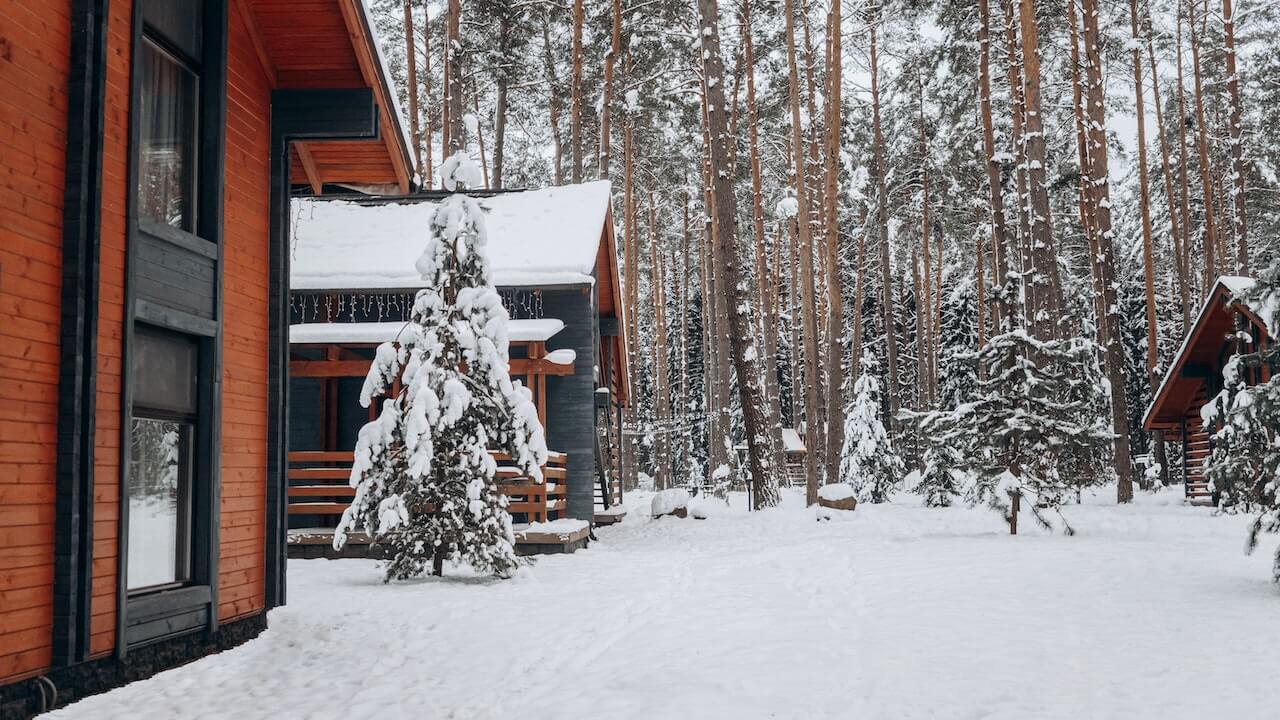
Sleeping in your vehicle at a campground is an amazing experience. It's also a convenient and budget-friendly option. However...
It may not be the most comfortable or practical choice for everyone. Or, there may be times where places on your wishlist are booked. Perhaps some campgrounds don't allow sleeping in a car.
Being armed with alternatives is key.
Fortunately, there are several options to consider if you're looking for a different type of accommodation during your camping trip.
Aside from tent camping, which I spoke about earlier, here are some other ideas...
Consider renting an RV, or even a pop-up or teardrop style camper. Not only will these offer more room for larger groups, but some have bathrooms and other luxuries you won't get in a car.
Another nice thing is that, with an RV or camper, you might be able to hook-up to shore power. This will enable running things like air conditioners, coffee makers, etc.
Best of all, EVERY campground allows RV's and campers, so you'll never have to worry about whether sleeping in a car is okay or not.
And if you still need another choice, remember that lots of campgrounds have cabins to rent. They come in a variety of sizes, and certainly offer more amenities. While some of these can be on the pricey side, if you shop around and look for deals, bargains can almost always be had.
Frequently Asked Questions
As with any new experience, there are bound to be concerns, or perhaps you'd like some general information. Here are a few frequently asked questions that may help put your mind at ease...
Q: Is it safe to sleep in my car at a campground?
A: Generally speaking, yes. Campgrounds are designed for overnight stays and often have numerous security measures in place. However, it's always important to take precautions such as locking your doors & windows and being aware of your surroundings.
Q: Do I need to make a reservation if I plan on sleeping in my car at a campground?
A: It depends on the specific campground. Some campgrounds allow for first-come, first-served camping while others require reservations. It's best to check with the campground ahead of time to ensure availability and avoid any potential issues.
Q: Can I sleep in my car anywhere within the campground?
A: This can vary depending on where you stay. Most private campgrounds have designated areas for car camping, yet many others allow you to park anywhere within the grounds. Be sure to check with the campground staff or to review their rules and regulations before booking your stay.
Q: Does Thousand Trails and Kampgrounds of America allow you to sleep in a car?
No, they do not. While it's possible there are a few slim exceptions, these camping clubs only cater to people who own RV's, traditional campers, or those that tent camp. Sleeping in cars, vans & SUV's isn't permitted. Even many sprinter-type vans aren't allowed.
Q: What does boondocking mean?
Boondocking - also called dispersed camping - is when you camp someplace (usually free public camping spots) without access to water, sewer or electrical hook-ups to rely on. You must be 100% self-sufficient in these types of areas.
Q: What is stealth camping?
Similar to the above, stealth camping means sleeping overnight at free places without water, sewer or electrical outlets. The primary difference is that most stealth campers use cars, minivans, vans, SUV's and box trucks to sleep in, as opposed to larger RV's or campers.
Also - as the name implies - stealth campers prefer to keep low profiles so they can go unnoticed and blend in with other vehicles. This prevents getting hassled by law enforcement or possibly booted from certain locations.
Stealth campers usually sleep at truck stops, rest stops, in big box store parking lots, and similar types of places, which are usually located in small to mid-sized cities. They very rarely stay at campgrounds.
There are TONS of FREE stealth camping places where you can sleep for a night or two! Discover the ins & outs of doing it safely without getting hassled.
Q: Do campgrounds allow pets?
Almost all campgrounds allow dogs, though there are usually many rules to follow once you're at your campsite; keeping them leashed at all times, picking up waste, etc.
As for other types of pets, it depends. You absolutely should call before booking a campsite to inquire about their policies, or trying looking up this information online.
Q: Do private campgrounds offer AAA discounts?
While I cannot say that all do, from my own experience, many, many private campgrounds do provide discounted rates for AAA members. The best way to find out for sure is to call ahead of booking.
Final Thoughts
As you can see, sleeping in your car at a campground is not only possible, but thousands of people enjoy this activity each year. And you can, too!
The key however, is to perform some research before finalizing your plans, just as you would for any other vacation or trip. This is vital, as each and every campground has different rules & guidelines.
Now that you know the facts, organizing an amazing car camping expedition will be a breeze!
If you have further questions which I didn't cover here, feel free to send me an email at any time, as I'd love to help you.
Now start planning and get out into the beauty of nature.
LIVE WISELY, LIVE WELL!
